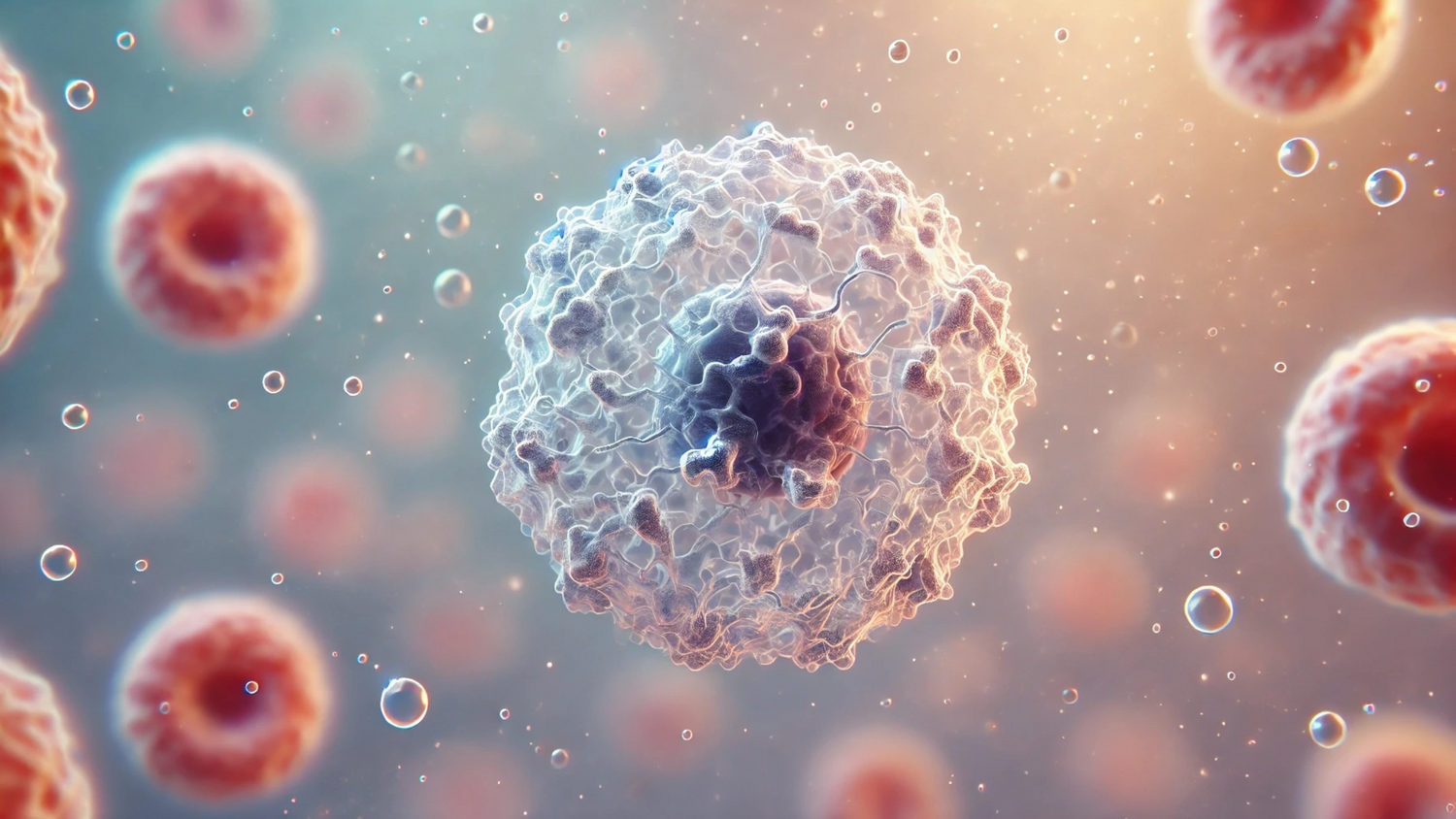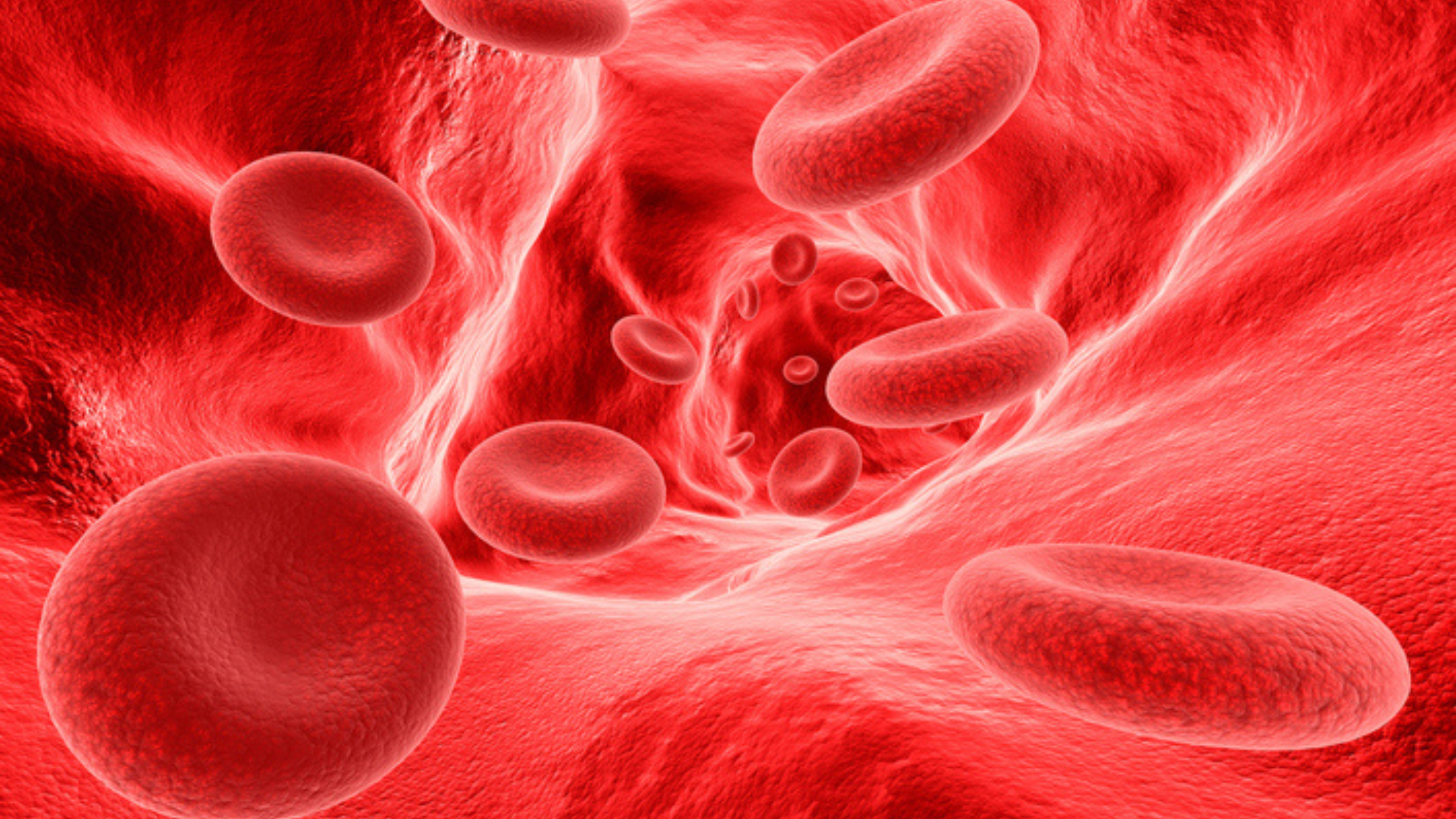Key Takeaways
- Centenarians show unique immune traits, including more B cells and special gene expression patterns linked to healthy ageing.
- Their immune systems appear more resilient, helping them recover from illness better than most.
- Understanding these immune differences could guide future longevity strategies and healthy ageing therapies.
There are more than half a million people aged 100 or older in the world today—and this number is set to surpass 3.7 million by 2050. While that’s incredible in itself, what’s even more fascinating is how well many of these centenarians are ageing. What sets these individuals apart? It may all come down to a better ageing immune system.
New research out of Boston University and Tufts Medical Center is shedding light on how the immune systems of people aged 100+ differ from the rest of us—and what we might learn from their remarkable resilience.
How Your Immune System Changes With Age
As you get older, your immune system naturally evolves. The key players in your immune defences—white blood cells—undergo shifts that can influence your health. This includes changes in both adaptive immunity (targeted responses via T and B cells) and innate immunity (first-line, general responses via myeloid cells).

In most people, ageing reduces adaptive immune cells, like naïve T cells and B cells, which help target specific threats. At the same time, there’s a rise in myeloid cells, part of the innate immune system, which can trigger chronic low-grade inflammation—a hallmark of ageing often referred to as “inflammageing.” This immune imbalance can contribute to age-related illnesses like cardiovascular disease, cancer, and neurodegeneration.
But centenarians appear to defy this pattern. Their immune systems seem to shift in a different direction—one that promotes both immune strength and flexibility well into old age (R).
The Study: How Researchers Unlocked the Centenarian Code
Researchers conducted a deep dive into immune cell composition using advanced single-cell RNA sequencing (scRNA-seq) to explore what makes centenarians' immune systems so resilient. The study, published in eBioMedicine, looked at immune cells from:
- 7 centenarians (100+ years)
- 2 younger adults (30s–40s)
- Archived data from 66 people aged 20 to over 100
In total, over 100,000 immune cells were analysed. This allowed the team to map out how immune profiles change with age—and where centenarians stand out.
Their findings offer a rare glimpse into the cellular landscape of extreme longevity (R).
Centenarians Have a Unique Mix of Immune Cells
Unlike typical ageing adults, centenarians showed a different balance of immune cells. Notably:
- More B cells: These are responsible for producing antibodies to fight off viruses and bacteria.
- Fewer T helper cells: These cells coordinate immune responses, but excessive activation can lead to inflammation.

This composition may reflect a more refined immune strategy—one that’s efficient but avoids chronic overreaction. By retaining higher B cell levels, centenarians may maintain a stronger, more targeted response to infections, without tipping into the chronic inflammation that drives ageing-related decline (R).
Interestingly, a similar immune profile has been linked to faster recovery from infections and better vaccine responses in the elderly (R).
Genes That Make a Difference: Centenarian-Specific Expression
Another layer of this research focused on gene expression—what genes are active inside immune cells.
The study found:
- 35 genes that changed progressively with age, many involved in immune regulation, metabolic control, and DNA repair.
- 25 genes uniquely expressed in centenarians, including S100A4, a gene associated with stress response, tissue repair, and longevity.
These genes appear to help regulate oxidative stress, improve DNA maintenance, and support metabolic flexibility—all vital functions for healthy ageing. The gene S100A4, in particular, has been previously linked to extended lifespan in mice and to resistance against age-related diseases (R).
By activating specific protective pathways and repairing damaged DNA more effectively, centenarians may be biologically younger than their years suggest.
A More Resilient Immune System, Not Just Luck
While genetics certainly play a role, this research suggests that centenarians aren’t simply lucky. Their immune systems adapt over time in a way that promotes resilience.
Dr. Tanya Karagiannis, lead researcher, notes that centenarians appear to possess “protective factors that enable them to recover from disease and reach extreme old ages.” In other words, they aren’t immune to illness—but they bounce back better.
Their immune systems retain adaptability—sometimes called “immune plasticity”—a trait associated with better health and longevity in older age (R). It’s not just about having fewer illnesses, but being able to recover quickly when illness does strike.

What This Means for You: Healthy Ageing Starts in Your Immune Cells
The small study offers meaningful insight into how we might promote healthier ageing through immune support. Here’s what it could lead to:
- Longevity-promoting therapies: By mimicking centenarian immune traits, researchers may develop treatments that help delay immune ageing.
- New biomarkers: Tracking certain immune genes or cell types might help doctors assess your immune resilience.
- Lifestyle strategies: From targeted supplements to immune-supportive diets, future interventions could help you strengthen your immune profile.
You don’t need to live to 100 to benefit from these findings. Supporting your immune system—through sleep, movement, plant-rich nutrition, and stress reduction—remains a foundational step in your longevity journey.
Your Immune System Is Your Longevity Ally
This research into centenarians reaffirms a powerful truth: the immune system plays a central role in how you age. From warding off illness to managing inflammation and repairing cellular damage, a well-functioning immune system may be one of your strongest allies in living a longer, healthier life (R).
And while some of us may be genetically primed for longevity, the choices you make today—what you eat, how you manage stress, and how you support your body—can influence your immune ageing in real time.
The secrets of the world’s longest-living people are slowly coming into focus. And they’re not just inspiring—they’re actionable.
Read our next blog on how to naturally support immune resilience and promote longevity—Mastering Inflammation: Your Path to Longevity and Vitality.





